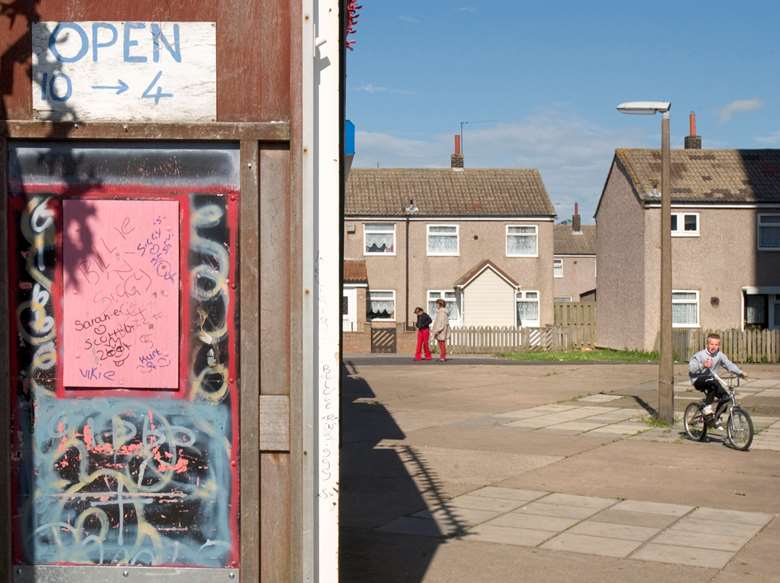More than 350,000 children 'destitute', study finds
Neil Puffett
Thursday, June 7, 2018
Around 365,000 children experienced destitution at some point last year due to lacking a number of the basic daily living essentials such as shelter, food, heating, lighting, clothing or basic toiletries, a study has found.

A report, published by the Joseph Rowntree Foundation, found over the whole of 2017, 785,000 households experienced destitution in UK, defined as lacking two or more of six essentials over the past month, involving a total 1,550,000 people of whom 365,000 were children.
The charity is calling for emergency relief to be provided for those affected through local welfare assistance schemes.
The calculation is based on a survey of users of crisis services across 16 areas, with those findings extrapolated across the UK based on indicators of groups and factors associated with high risks of destitution.
The report cites case studies from parents who regularly missed meals so their children would have enough food to eat. Children's clothing was also reported as a major issue for parents because of the frequent need for new clothes and the expense of school uniforms was also highlighted as a particular challenge.
The report's authors said a combination of factors including benefit delays and sanctions, harsh debt recovery practices, poor health and disability as well as high costs of housing, fuel and other essentials contributed to the causes of destitution.
"Destitution typically occurs against a backdrop of sustained poverty and long-term hardship," the report states.
"People are generally pushed from severe poverty into absolute destitution by some combination of debt, benefit and health problems,"
"Other key triggers include unaffordable housing and, for some migrants, extremely low levels of benefits or no eligibility for benefits at all."
The report said the impact of destitution on people's mental health is significant - reports of depression, severe stress and anxiety were commonplace - and there was clear evidence of people's physical health and social relationships also being adversely affected by their living circumstances.
Despite levels of destitution declining between 2015 and 2017, the foundation warned that the high sanction rate within Universal Credit, which is still in the process of being introduced nationally, could lead to an increase in destitution in the future.
The report revealed a sharp fall in the proportion of destitute service users reporting in-kind help from local welfare funds, which the foundation says is consistent with "wider evidence on the erosion of these funds across England".
"To protect people from becoming destitute the government needs to end the freeze on working-age benefits, change the use of sanctions within Universal Credit and review the total amount of debt that can be clawed back from people receiving benefits so they can keep their heads above water," it said.
It also suggests that social landlords should also be encouraged to play a central role in preventing and alleviating destitution among their tenants.
Nick Forbes, senior vice chair of the Local Government Association, backed calls for the government to restore funding to local authorities for welfare assistance schemes.
A recent study by The Children's Society and the Church of England found that such schemes - which provide food, fuel and furniture to people in crisis - were helping relatively few people.
"Councils target services to help those in need of support and prevent them reaching crisis point but this is becoming increasingly challenging against a backdrop of welfare reforms and an overall funding gap that will exceed £5bn by 2020," Forbes said.
He added that councils should offer more support to low-income households to increase their income from employment and access suitable and affordable housing.
"Local authorities are currently housing more than 77,000 homeless families with in excess of 120,000 homeless children in temporary accommodation. Councils need to be able to borrow to build new homes and adapt welfare reforms to prevent homelessness from happening in the first place," he said.
Research by Eurostat, the data agency of the European Union, found that nine of the poorest regions in northern Europe are in the UK, including Cornwall, West Wales, Lincolnshire and Lancashire.




